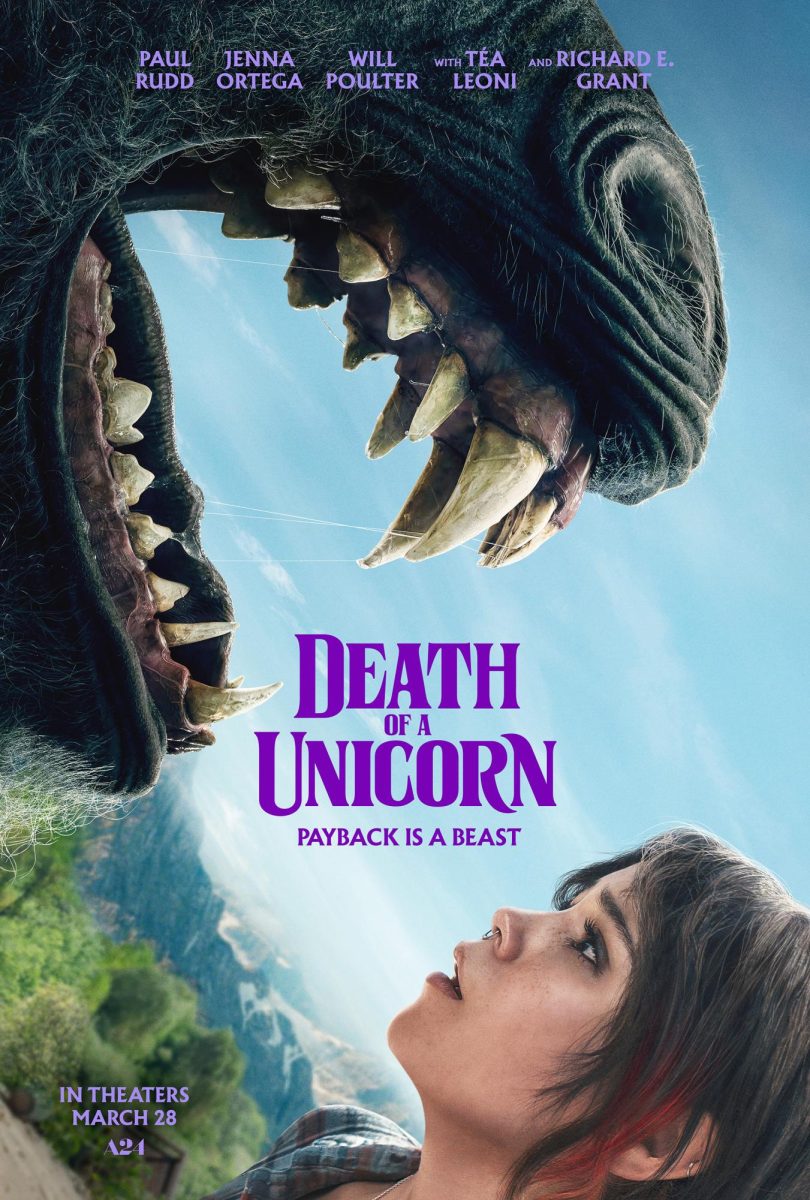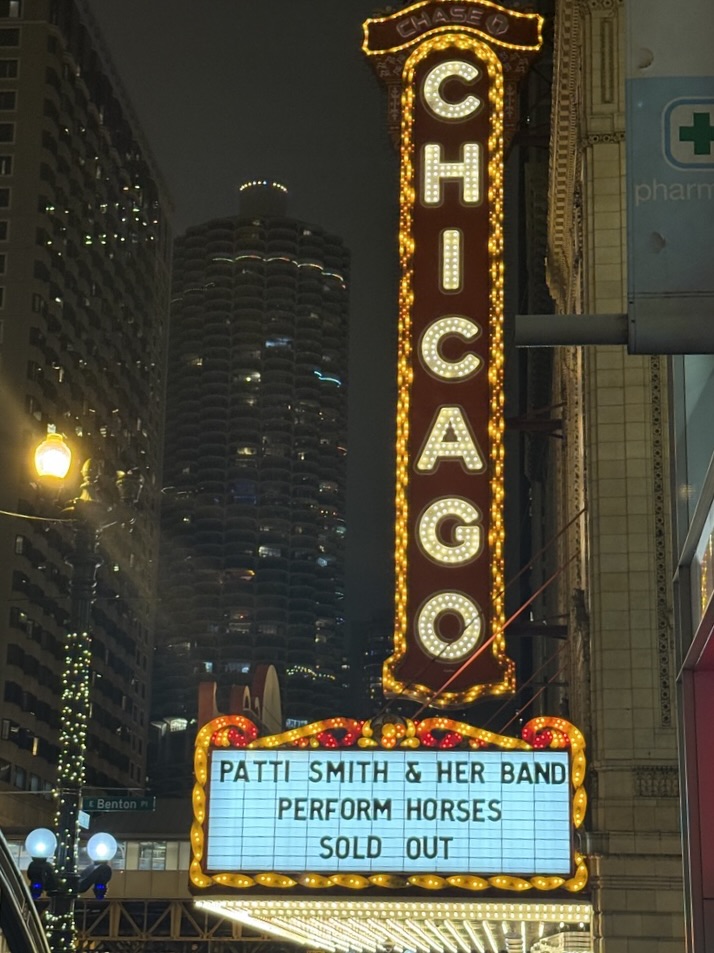What is a unicorn?
Once a mystical symbol of purity, unicorns are now a shorthand for business ambitions—privately-held, billion-dollar startups teetering on the promise of exponential growth. In the world of finance, a unicorn is something to be caught, dissected, and monetized. In Death of a Unicorn, Alex Scharfman takes this premise to a grotesquely literal conclusion.
While unlikely to net the billion-dollar valuation of its namesake, Scharfman’s latest feature—anchored by stars Paul Rudd and Jenna Ortega—certainly possesses something just as valuable: a clear vision. Death of a Unicorn is a horror-comedy that skewers wealth, power, and unchecked corporate greed with absurd precision.
It begins on a lonely stretch of road, where Elliot (Rudd) and Ridley (Ortega) strike and kill a unicorn en route to a remote cabin for the ultra-rich. Rather than awe or reverence, the mythical creature’s demise is met with opportunism. The family of elites, played to perfection by Will Poulter, Téa Leoni, and Richard E. Grant, quickly move to exploit the unicorn’s potential, with predictably disastrous results.
Scharfman’s film is not merely a straight narrative but can be broken down into a series of escalating, interwoven vignettes, each balancing horror and humor with razor-sharp precision. The classic cabin-in-the-woods setup is inverted and transformed into a playground for grotesque indulgence. Each scene is an orchestrated dance between the gruesome and the ridiculous, where body horror and slapstick walk hand in hand. Even the smallest details, like the eerie, dreamlike cinematography or Ortega’s omnipresent vape, add to the film’s off-kilter magic.
Ortega, in particular, delivers an electric performance. Her teenage character is as sharp-witted as she is angsty, making her an ideal foil to Rudd’s affable, well-meaning dad. He plays to his strengths, his signature charm laced with just enough weariness to sell the father-daughter dynamic. The supporting cast makes the film sing. Poulter, Leoni, and Grant embody the excess of their characters with grotesque delight, each leaning into satire without losing grip on the film’s horror.
But the true star of Death of a Unicorn is its rhythm. The pacing of the film’s editing flawlessly stitches together horror and comedy so neither element undercuts the other. Instead, they amplify each other, creating a pulse that keeps the audience teetering between laughter and unease.
At its core, beneath the gore and gags, Death of a Unicorn is a film pointing to the ruthless commodification of the extraordinary. Scharfman doesn’t just criticize corporate greed—he eviscerates it, asking what happens when mythology is stripped of its wonder and reduced to a line item on a billionaire’s balance sheet.
In Scharfman’s world, unicorns don’t symbolize purity anymore. They symbolize capital. And in the end, capital gets exactly what it deserves.









